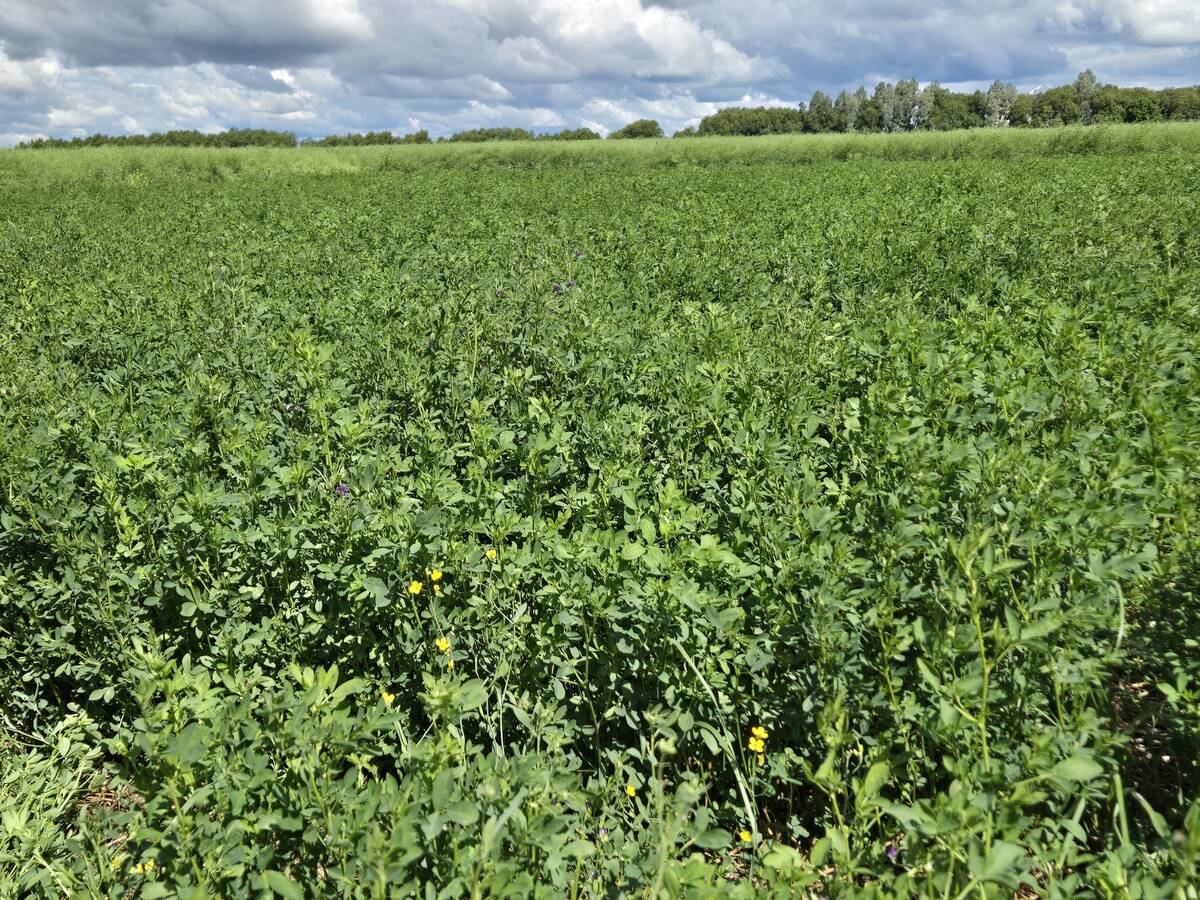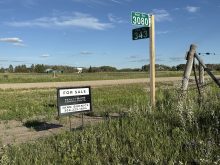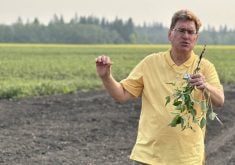The Saskatchewan Watershed Authority faces a backlog of complaints to investigate after two years of widespread excess moisture led farmers to take drainage into their own hands.
Environment minister Dustin Duncan said most of the complaints about unauthorized drainage, about 170, are at what he calls the informal stage, while six are at a more serious formal stage of investigation. The latter involves a formally filed complaint.
Delegates attending the Saskatchewan Association of Rural Municipalities convention in November complained about landowners who undertook their own work and caused problems for others.
Read Also

Manitoba Parkland research station grapples with dry year
Drought conditions in northwestern Manitoba have forced researchers at the Parkland Crop Diversification Foundation to terminate some projects and reseed others.
A resolution from the RM of Sliding Hills in eastern Saskatchewan asked the province to enforce its drainage legislation. A delegate from Sliding Hills said the actions of some put infrastructure and property in danger and caused financial hardship for municipalities and landowners.
He said RM officials don’t know who has permits and who doesn’t.
“By the time somebody comes out and has a look, we find out they’re not permitted and the damage has already occurred.”
NDP agriculture critic Cathy Sproule asked Duncan during the legislature’s December sitting what the province is doing to send farmers the message that the offences are serious.
She said she had received a letter from a reeve in eastern Saskatchewan who said illegal drainage has “gone beyond craziness.”
Duncan said the SWA is moving some of its employees into eastern Saskatchewan, where most of the complaints originated, in an attempt to clear up the backlog.
“The watershed authority is actively working on a plan to move through all of that backlog, whether it be using their own internal resources, Mr. Speaker, or looking at some outside resources that may help,” he said during question period.
Ducks Unlimited says wetland protection is one way to control drainage. It claims Saskatchewan has one of the highest wetland loss ratios in the country at an estimated 28 acres per day.
“Unlicensed drainage is having a profound effect on downstream landowners and infrastructure throughout Saskatchewan,” said provincial operations manager Brent Kennedy.
The organization argues that effectively used wetlands can help control water quality and store water that might otherwise flood productive lands or communities. It wants non-permitted drainage to stop and has asked the province to establish a provincial wetlands policy.
Duncan said his ministry is in the early stages of doing just that. A steering committee is setting out terms of reference for such a policy and expects to consult with stakeholders within the next year, including farm and conservation organizations.
He said the penalties for unauthorized drainage will also be reviewed. They were set when farms were smaller and the fines were an adequate deterrent, he added.
“We’re to the point now where farming operations are very large and it may be seen by some producers as just the cost of doing business,” he said. “They’ll do the project, pay the fine and move on.”

















